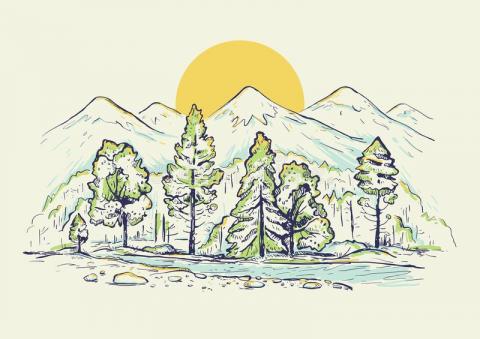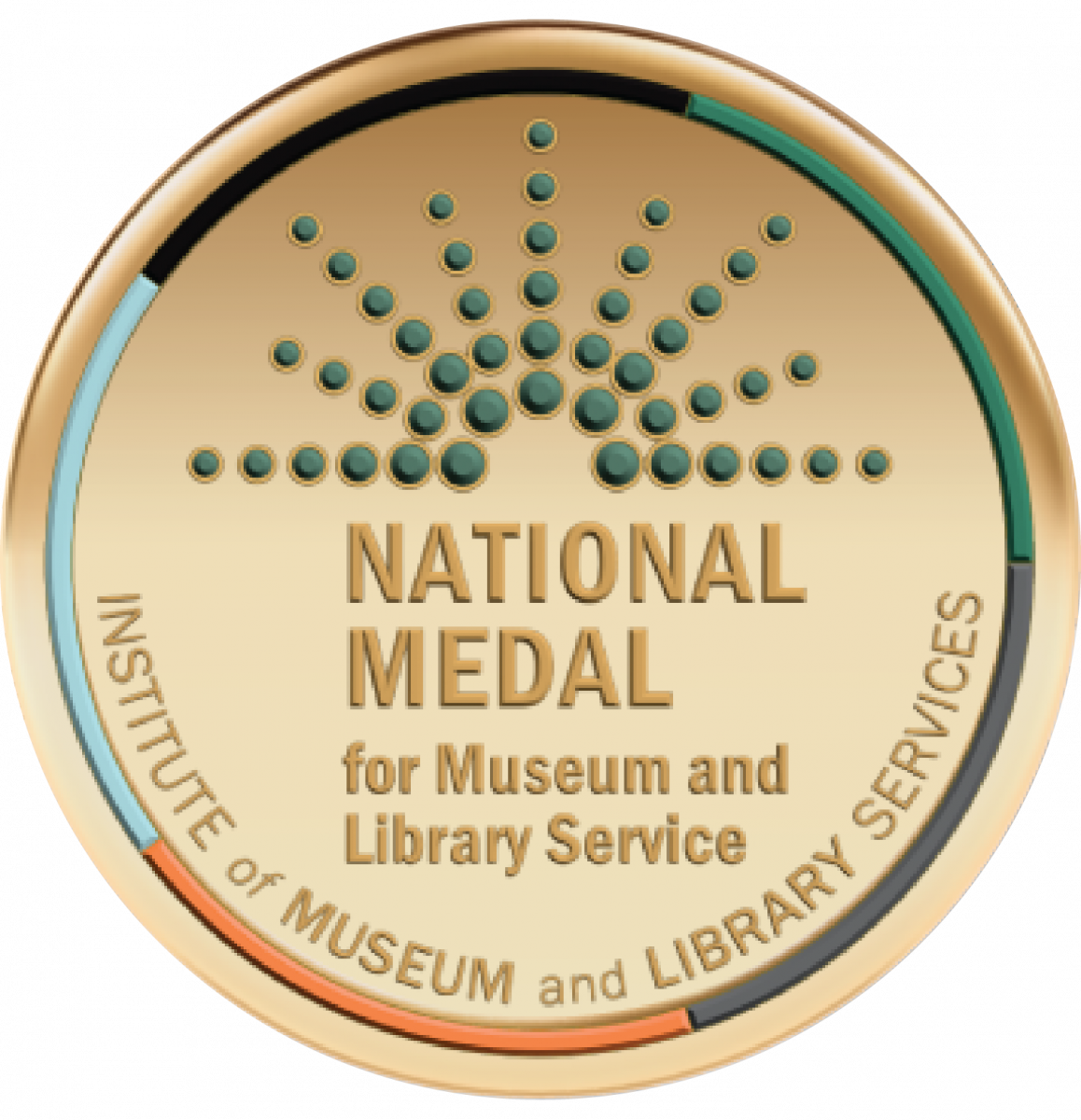The Great Outdoors

Now is the time to go outside and experience nature however you choose to do so. There's many ways to interact with the outside world, and these books speak to that variety and variation:
The Humane Gardener by Nancy Lawson
An eloquent plea for compassion and respect for all species, journalist and gardener Nancy Lawson uses engaging anecdotes and inspired advice, profiles of home gardeners throughout the United States, and interviews with scientists and horticulturalists to demonstrate how we can apply the broader lessons of ecology to our own outdoor spaces. This book serves as a philosophical and practical guide for the gardener who hopes to wants to create a backyard garden in harmony with nature.
Birding Without Borders by Noah Strycker
In 2015, Noah Strycker set himself a lofty goal: to become the first person to see half the world’s birds in one year. For 365 days, with a backpack, binoculars, and a series of one-way tickets, he traveled across forty-one countries and all seven continents, eventually spotting 6,042 species—by far the biggest birding year on record. Noah gains a unique perspective on the world they share with us—and offers a hopeful message that even as many birds face an uncertain future, more people than ever are working to protect them.
The Food Explorer Daniel Stone
In the nineteenth century, American meals were about subsistence, not enjoyment. But as a new century approached, appetites broadened, and David Fairchild, a young botanist with an insatiable lust to explore and experience the world, set out in search of foods that would enrich the American farmer and enchant the American eater. These are the true adventures of Fairchild, a late-nineteenth-century food explorer who traveled the globe and introduced diverse crops like avocados, mangoes, seedless grapes—and thousands more—to the American plate.
The Hidden Life of Trees by Peter Wohlleben
The first book in New York Times bestselling author Peter Wohlleben’s The Mysteries of Nature Trilogy.Are trees social beings? In this international bestseller, forester and author Wohlleben convincingly makes the case that, yes, the forest is a social network. He draws on groundbreaking scientific discoveries to describe how trees are like human families. After learning about the complex life of trees, a walk in the woods will never be the same again.
Tip of the Iceberg by Mark Adams
In 1899, railroad magnate Edward H. Harriman organized a most unusual summer voyage to the wilds of Alaska: He converted a steamship into a luxury "floating university," populated by some of America's best and brightest scientists and writers, including the anti-capitalist eco-prophet John Muir. Those aboard encountered a land of immeasurable beauty and impending environmental calamity. More than a hundred years later, Alaska is still America's most sublime wilderness, both the lure that draws one million tourists annually on Inside Passage cruises and as a natural resources larder waiting to be raided.

